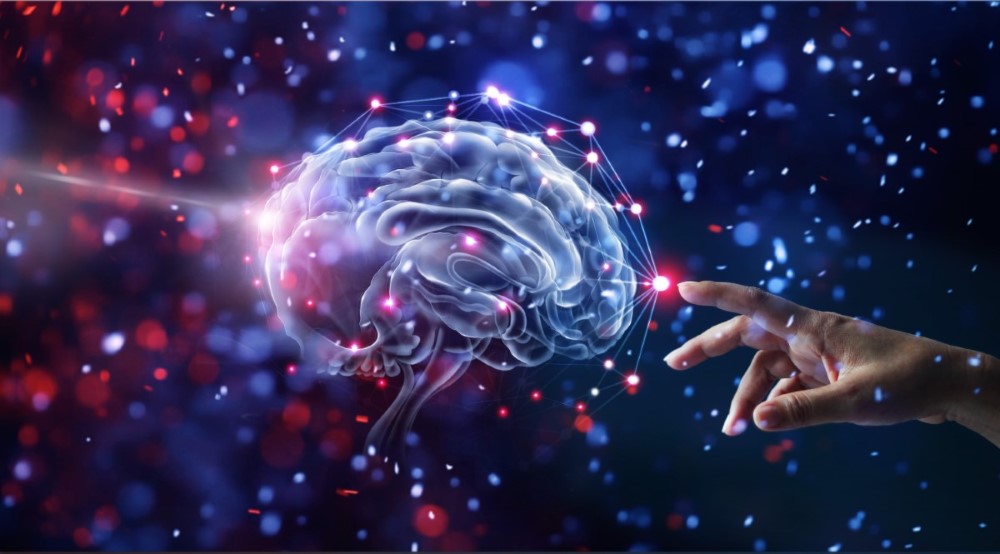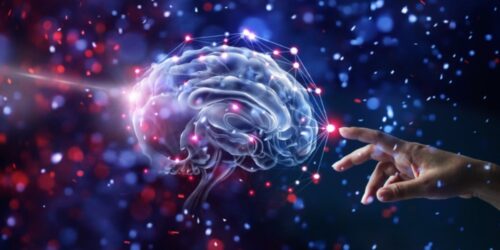Unraveling the Biological Mysteries of Cravings in Addiction

Addiction is a global challenge, transcending cultural and geographical boundaries. Understanding the biological underpinnings of cravings is crucial in the fight against addiction. This exploration takes you deeper into the science of craving, offering insights into its mechanisms and implications for treatment.
At the heart of understanding addiction’s pull is the human brain. Cravings are not just psychological phenomena; they have a biological basis rooted in the brain’s reward system. When you engage in activities that your brain perceives as rewarding, like consuming certain substances, it releases neurotransmitters like dopamine. This release creates a sense of pleasure, imprinting a memory of this reward, leading to the desire to recreate the experience. Over time, the brain’s reward circuitry becomes altered, making the substance seem increasingly necessary for pleasure or normal functioning.
Neurochemical Pathways and Addiction
Delving deeper, it’s important to comprehend the role of specific neurochemical pathways in cravings. The mesolimbic pathway, often referred to as the brain’s “reward circuit,” is central to addiction. Changes in this pathway, particularly in the levels and functioning of neurotransmitters like dopamine and serotonin, are pivotal in the development of cravings. These changes can alter not just mood and reward perception, but also decision-making and impulse control, making it harder for individuals to resist cravings.
Implications for Treatment
Understanding these biological mechanisms offers valuable insights for treating addiction. Medications that can modulate neurotransmitter levels or their effects on the brain can be instrumental in reducing cravings. For instance, certain drugs used in addiction treatment work by either mimicking the effects of the addictive substance in a safer manner or by blocking the rewarding effects, thus reducing the urge to use the substance.
Controversies and Emerging Research
A hot topic in the realm of addiction treatment is the use of psychedelic drugs in therapy. Some studies suggest that substances like psilocybin may reset certain neural pathways, offering potential new avenues for treating addiction. However, this area is fraught with ethical and legal controversies, highlighting the need for more rigorous research.
A Balanced View on Addiction and Treatment
It’s vital to remember that addiction is multifaceted, involving not just biological but also psychological, social, and environmental factors. Therefore, a comprehensive approach to treatment, combining medication with counseling and social support, is often the most effective. Tailoring treatment to the individual’s unique circumstances is key in the journey towards recovery.
Decoding Cravings: Insights from Psychological Craving Theory
In understanding addiction’s pull, psychological craving theory sheds light on the diverse nature of cravings. The more attention given to a rewarding stimulus, such as high-caloric food, the stronger the craving. As explored in The Science of Craving: Understanding Addiction’s Pull, this theory offers insights into the intricate relationship between attention allocation and the intensity of cravings.
The Neurochemistry of Craving: Unraveling Food Addiction
Food addiction, like substance addiction, involves the triggering of brain chemicals, particularly dopamine. The Science of Craving: Understanding Addiction’s Pull delves into the science behind food addiction, revealing that pleasurable experiences associated with increased dopamine transmission lead to a rapid desire to eat again. This exploration provides a nuanced perspective on the neurological underpinnings of addictive behaviors related to food.
Biological Models: Unlocking the Genetic Blueprint of Addiction
Biological models of addiction, spotlighted in The Science of Craving: Understanding Addiction’s Pull, emphasize the role of genetics and innate biological forces. These models suggest that brain chemistry, structure, and genetic factors contribute to human behavior. While some theories remain untested, they collectively underscore the profound impact of biological factors on addictive tendencies.
Craving Unveiled: The Biological Theory’s Neurochemical Dance
The biological theory of craving, explored in The Science of Craving: Understanding Addiction’s Pull, posits that environmental events or internal emotional changes trigger neurochemical reactions. Programmed through past experiences, these reactions activate various brain systems, leading to the experience of craving. This illuminating perspective offers valuable insights into the intricate dance of neurochemicals in the context of addiction.
Analyzing Treatment Implications: Biological Mechanisms of Craving
For an in-depth understanding of addiction’s pull, analyzing the biological mechanisms behind cravings becomes crucial. The Science of Craving: Understanding Addiction’s Pull invites you to explore the implications of these biological insights for addiction treatment. Uncover how a nuanced comprehension of craving’s biological underpinnings can shape more effective and targeted interventions on your path to recovery.
Strategies for Managing Psychological Cravings
Discover effective tools to regain control over psychological cravings. Understanding the intricacies of psychological craving theory, you can implement mindful attention allocation strategies to weaken the grip of cravings, empowering yourself in moments of temptation.
Coping with Food Addiction
Equip yourself with tools to navigate the neurochemical landscape of food addiction. As explored in The Science of Craving, understanding the triggering of dopamine in your brain’s reward pathway is essential. Utilize tools like mindful eating, balanced nutrition, and support networks to manage food-related cravings and build a healthier relationship with eating.
Strategies for Biological Resilience
Explore tools for resilience based on the genetic blueprint of addiction. Biological models highlighted in The Science of Craving emphasize genetics and innate factors. Leverage this knowledge by adopting tools such as genetic counseling, personalized coping strategies, and lifestyle adjustments to fortify your resilience against genetic predispositions to addiction.
Tools for Regulating Cravings
Master the neurochemical dance of craving with practical tools. The biological theory of craving emphasizes the role of neurochemical reactions. Equip yourself with mindfulness techniques, stress management tools, and therapeutic interventions to regulate and navigate the intricate dance of neurochemicals associated with cravings.
Applying Biological Insights to Recovery
Utilize tools derived from biological insights to chart your treatment roadmap. The Science of Craving: Understanding Addiction’s Pull offers a lens into the biological underpinnings of cravings. Leverage this understanding for personalized treatment plans, incorporating tools like cognitive-behavioral therapy, medication-assisted treatment, and holistic approaches that align with your unique biological factors in your journey to recovery.
In this insightful journey into the science of craving, we began by confronting the profound challenge addiction poses globally, focusing on the biological roots of cravings. We’ve delved deep into the brain’s intricate role in addiction, revealing how its reward system, altered by substance abuse, drives the relentless cycle of cravings.
We uncovered the crucial role of neurochemical pathways, particularly the mesolimbic pathway, in sustaining addiction. The alterations in neurotransmitter levels and functioning, like those of dopamine and serotonin, not only heighten cravings but also impact decision-making and impulse control, making resistance increasingly difficult.
Addressing these challenges, we highlighted the significant implications for treatment. By targeting these neurochemical pathways, medications can play a pivotal role in managing cravings. This biological insight paves the way for innovative treatment strategies, including the controversial yet potentially groundbreaking use of psychedelic drugs in therapy.
However, we emphasized a balanced approach, recognizing that addiction is not solely a biological phenomenon. Integrating medication with counseling and social support forms the cornerstone of effective treatment, acknowledging the multifaceted nature of addiction. Personalizing these treatments to the individual’s specific needs remains key to successful recovery.
In conclusion, our exploration of the science of craving in addiction, while uncovering the complexities of the brain’s role, also brings a message of hope. As our understanding evolves, so does our capacity for developing more effective, empathetic treatments. This knowledge not only guides us towards better interventions but also fosters a more informed, compassionate approach to addressing the global challenge of addiction. The path to overcoming addiction is intricate and multifaceted, yet with continued research and understanding, a future with more effective treatment options is increasingly within our grasp.
Johan du Plessis
As a certified addiction specialist, Johan brings to the table not just theoretical knowledge, but a deep understanding of Pretoria’s rehabilitation landscape. His expertise shapes the reviews, information, and resources on local rehab centres, different therapeutic modalities, and the spectrum of support groups available in the area.






